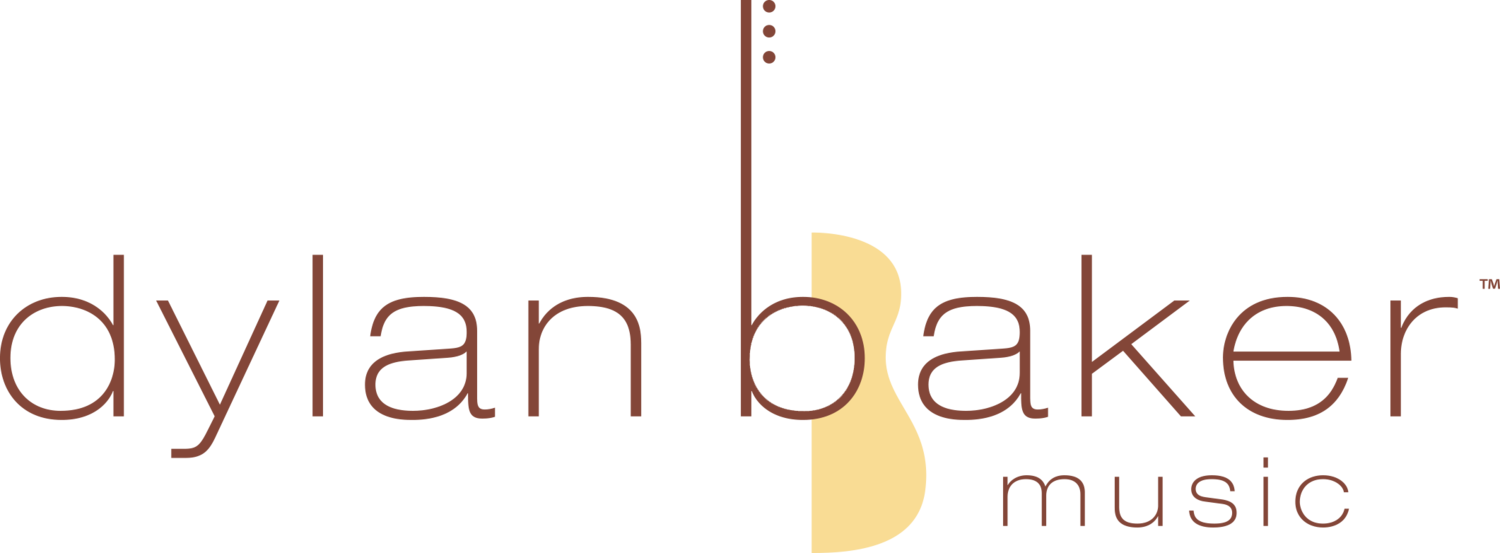Let The Children Play (Music)
It’s officially back to school season! From new backpacks to back-to-school nights, parents and educators everywhere are dedicating significant amounts of time to ensuring our kids are starting the school year right. But how often do we spend considering what access they’re getting to arts… especially music?
August’s post discussed strategies to lay the groundwork for kids’ music education as early as infancy. This month we will take things a step further, exploring the benefits of continuing music education through childhood… and opportunities to support it both inside and out of school.
The Case for Music in School
In 2018, Frontiers for Neuroscience published the first large-scale longitudinal study on music in regular school curriculum, conducted with 147 children in a variety of Dutch schools. The research found that students who received music lessons as a part of their curriculum showed significant cognitive improvements after 2.5 years… specifically in language-based reasoning, planning and organization, and the ability to complete tasks.
Says Dr Artur Jaschke, lead researcher: “This suggests that the cognitive skills developed during music lessons can influence children's cognitive abilities in completely unrelated subjects, leading to overall improved academic performance.”
An even more recent study released through the Houston Education Research Consortium followed an arts access initiative in the city, and linked students’ access to music, theatre and arts education to levels of compassion, empathy and overall writing scores (you can read an additional report on the study here.)
How Adults Can Support Music Education
Since we know that implementing music as a part of our kids’ overall education can have big results, here’s a list of things you can do to ensure your kids are getting access to music education:
1) Ask about your local school’s fine arts and music program
The best way to know what kind of music curriculum students are exposed to are to ask. If you’re curious, the State Board of Education has core standards for fine arts and music listed here.
2) Seek Out Music Lessons
There are plenty of private music teachers in the Salt Lake community, including Dylan Baker Music. Browse others offering a variety of private lessons here.
3) Join the Utah Symphony Kids Club
Membership is free for kids 5-12, and comes with some pretty great perks, including family nights, ice cream with musicians, and even free tickets for proof of good grades. Sign up and learn more on their website.
4) Take Advantage of Community Events
Kids Out and About houses a wealth of community resources and events, with a full section dedicated to music and concert opportunities.
Incorporating music into our kids’ ongoing development can look a lot of different ways, from experiencing concerts to singing to learning an instrument. As your child grows, gauge what resonates with them to best support and tailor their musical interests…the more intentionally you can invest now, the more meaningful the benefits will be later.



